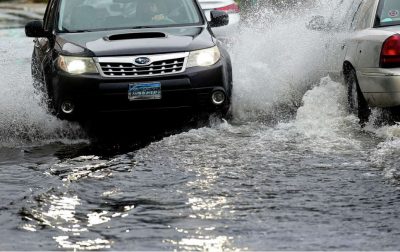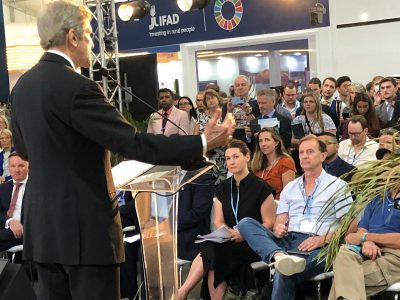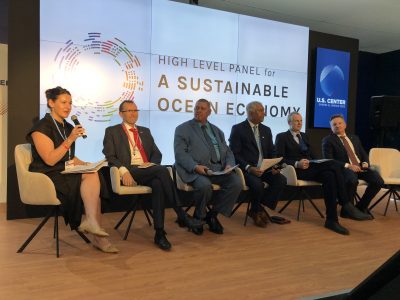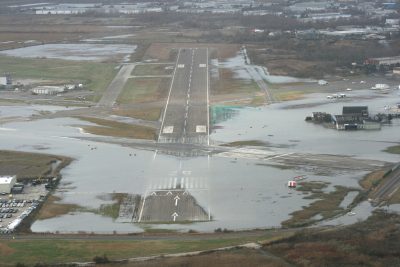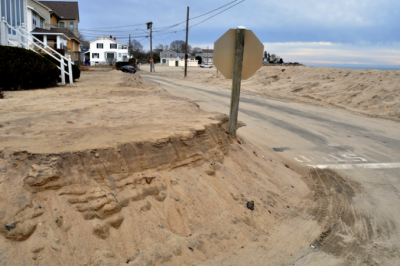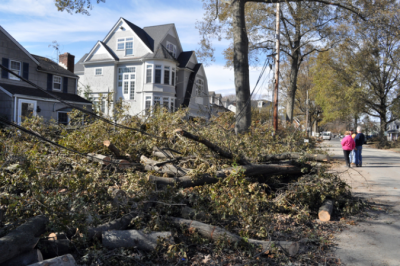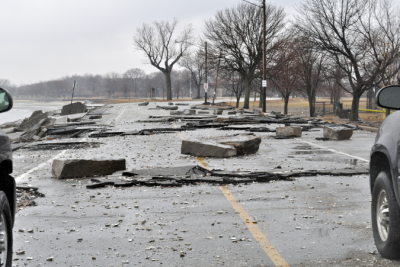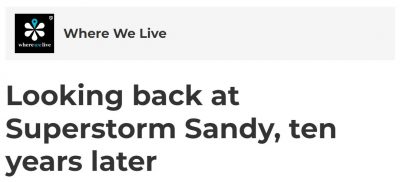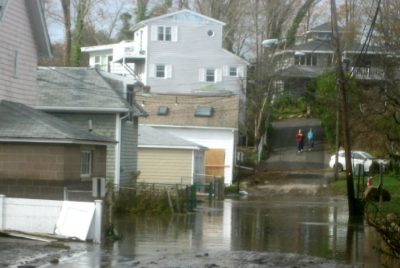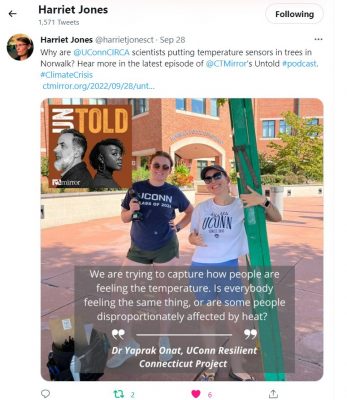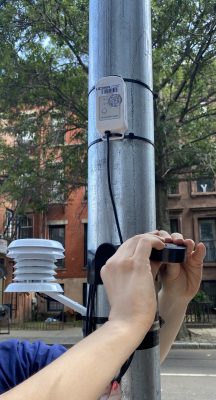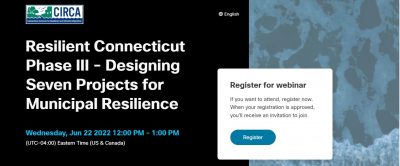APPLY HERE
Search #: 497039
Work type: Full-time
Location: Avery Point Campus
Categories: Research
JOB SUMMARY
The University of Connecticut (UConn) seeks applicants for the position of Data Analyst/ Programmer (Research Assistant 2) in the Connecticut Institute for Resilience and Climate Adaptation (CIRCA) to provide support for activities associated with the Resilient Connecticut and Environmental Justice Screening Tool projects. CIRCA is a multi-disciplinary center that coordinates applied research and engagement programs to develop and advance practical solutions to problems caused by changing climate.
With the supervision of the Assistant Director of Research, the Data Analyst/Programmer will work on a team developing GIS maps, data archiving and sharing, and data analysis associated with CIRCA projects. The development of documentation and presentations will be required.
DUTIES AND RESPONSIBILITIES
Collect, achieve, quality control and analyze data for mapping.
Develop programs for data manipulation and preparation of graphics.
Develop interactive mapping applications and static maps on demand using GIS.
Assist in setting up and maintaining GIS data feeds and data sources.
Author data reports, responsible for miscellaneous data analysis.
Participate in workshops and meetings.
May participate in the planning, developing, and implementing of grant proposals.
MINIMUM QUALIFICATIONS
- Bachelor’s degree in environmental science, engineering, geosciences, or closely related field and two to three years of post-degree experience or an M.A. or M.S. and from no experience to one year of post-degree experience. Equivalent specialized training and experience may be considered for those without a degree.
- Experience with computer programing and data analysis (i.e., Matlab, Python, R).
- Experience with GIS.
- Above-average attention to detail, possess cartographic awareness, and ability to communicate effectively with colleagues (verbal and written).
- Working experience using the ESRI suite of products, including ArcGIS Pro, ArcMap, and ArcGIS Online.
- Strong organizational skills and ability to work effectively with a team of collaborators.
- Ability to perform work in multiple locations and attend occasional evening and weekend meetings.
- Available to start work at Avery Point, Groton, CT, within one month of the offer.
PREFERRED QUALIFICATIONS
- Process data for statistical analysis.
- Experience with THREDDS.
- Knowledge of Python and ability to use ArcPy.
- Create an ArcGIS story map or experience.
APPOINTMENT TERMS
This will be a 40-hours per-week, 12-month, annually renewable, non-tenure track position at the level of Research Assistant 2, with an expected commitment of yearly contract renewable depending on funding and performance. Salary will be commensurate with experience.
TERMS AND CONDITIONS OF EMPLOYMENT
Employment of the successful candidate is contingent upon the successful completion of a pre-employment criminal background check.
TO APPLY
Please apply online at https://hr.uconn.edu/jobs, Staff Positions, Search #497039 to upload a resume, cover letter, a short sample of writing (250-750 words) for a general audience on any mapping/scientific topic, sample GIS project portfolio (max 3 samples that can include pdf maps, online dashboards, storymap, etc. generated), and list of names and contact information for three (3) professional references.
This job posting is scheduled to be removed at 11:55 p.m. Eastern time on December 25, 2022.
All employees are subject to adherence to the State Code of Ethics which may be found at http://www.ct.gov/ethics/site/default.asp.
The University of Connecticut is committed to building and supporting a multicultural and diverse community of students, faculty and staff. The diversity of students, faculty and staff continues to increase, as does the number of honors students, valedictorians and salutatorians who consistently make UConn their top choice. More than 100 research centers and institutes serve the University’s teaching, research, diversity, and outreach missions, leading to UConn’s ranking as one of the nation’s top research universities. UConn’s faculty and staff are the critical link to fostering and expanding our vibrant, multicultural and diverse University community. As an Affirmative Action/Equal Employment Opportunity employer, UConn encourages applications from women, veterans, people with disabilities and members of traditionally underrepresented populations.
Advertised: Nov 28 2022 Eastern Standard Time
Applications close: Dec 25 2022 Eastern Standard Time
